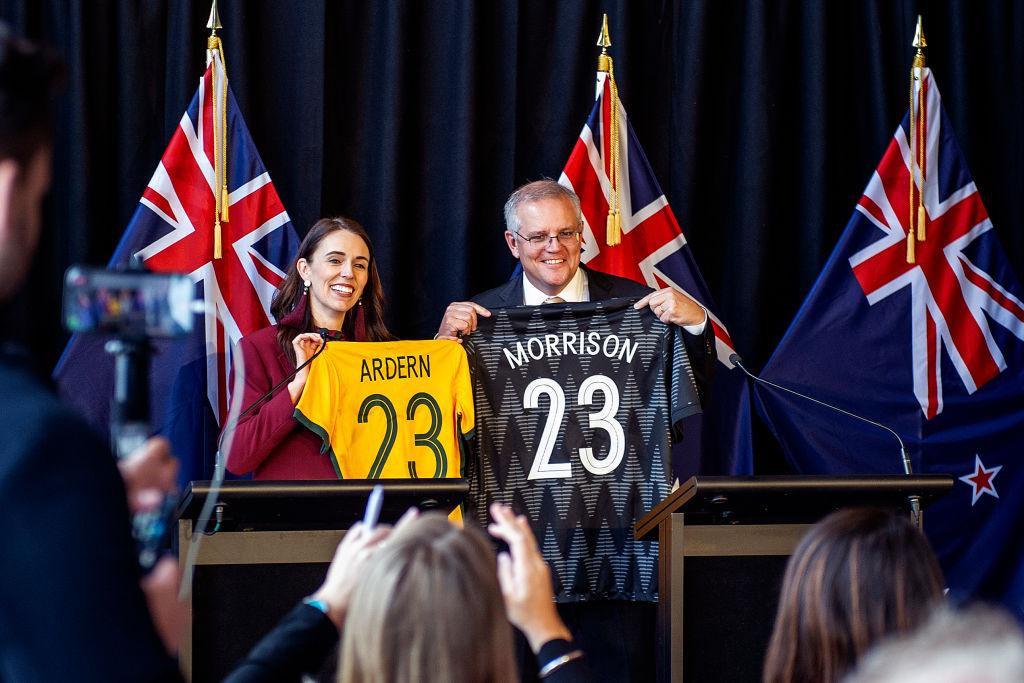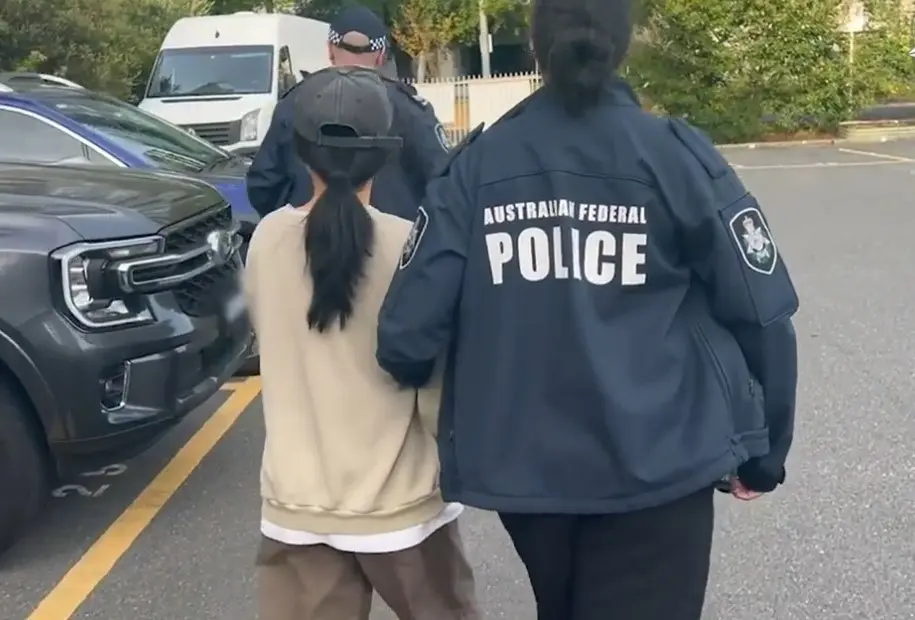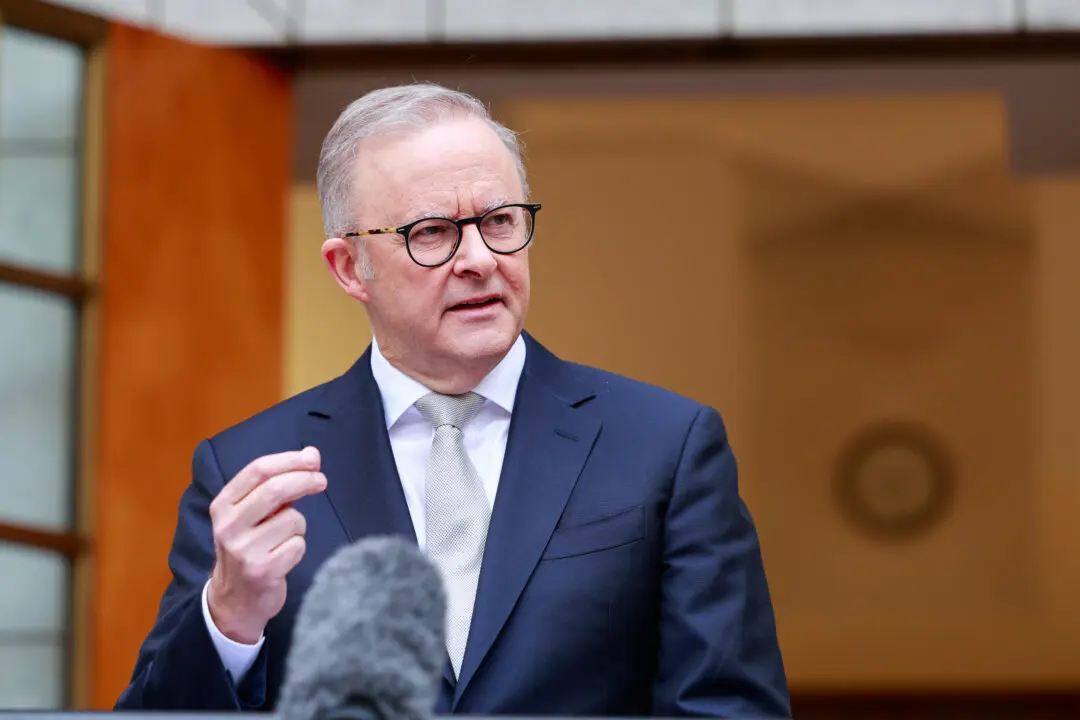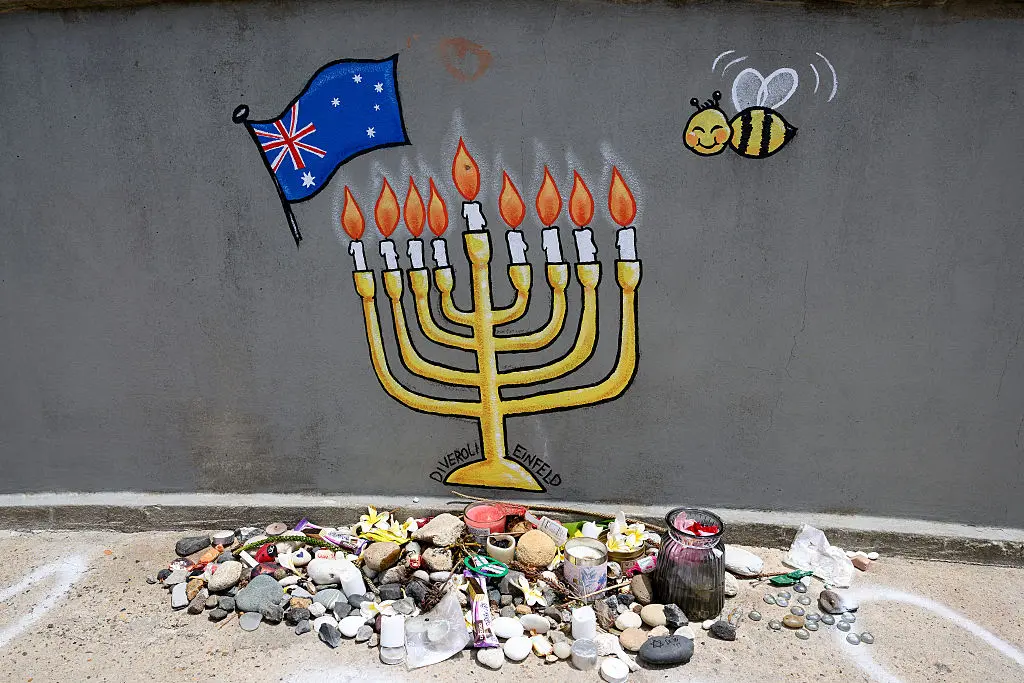New Zealand’s Trade Minister Damien O’Connor has indicated the Ardern government will join Australia’s dispute at the World Trade Organisation (WTO) against China.
The backing from New Zealand (NZ) came on the eve of Australian Prime Minister Scott Morrison’s visit to the country for high-level talks on a range of issues including a quarantine-free travel zone between the two countries, re-engagement with the Pacific in the wake of COVID-19, and China.





